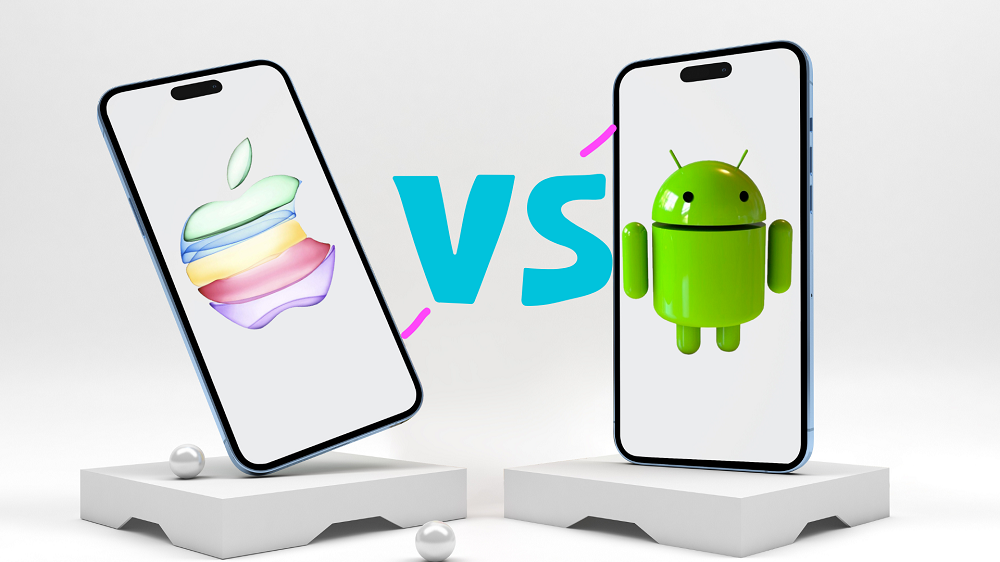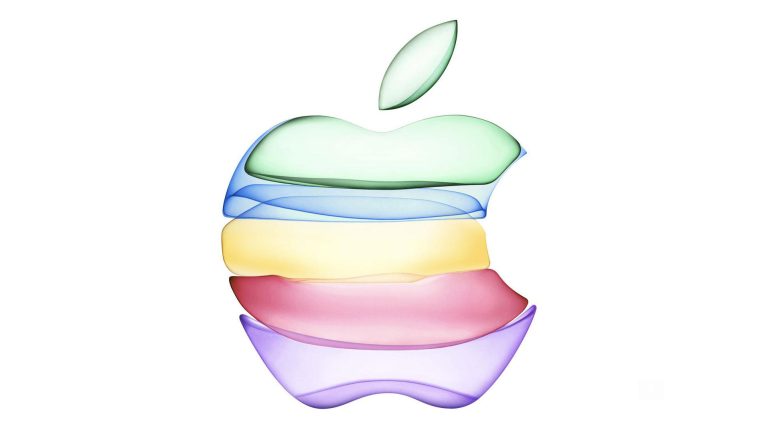
Operating systems are the backbone of our smartphones, tablets, and computers. They are responsible for managing all hardware and software components that make up these devices. With so many operating systems available in the market, it can be challenging to determine which one is better than the other. In this blog post, we will explore two of the most popular mobile operating systems – Android and iOS. We will compare their features, pros & cons, and popular apps available on both platforms and speculate about what lies ahead in the future of operating systems. So whether you’re an Android enthusiast or an iPhone loyalist, fasten your seatbelts as we dive into this exciting world of mobile OS!
When it comes to operating systems for mobile devices, Android and iOS are the two major players in the market. Both have their own set of advantages and disadvantages that make them unique in their own way.
One of the biggest differences between the two is that Android is an open-source platform, while iOS is a closed system. This means that developers can tweak and modify Android to suit their needs, while iOS remains locked down with limited customization options.
Another difference lies in their app stores. While both offer millions of apps, Apple’s App Store has historically been more curated and selective than Google’s Play Store. On the other hand, downloading apps from third-party sources on an Android device is much easier than on an iPhone.
In terms of hardware compatibility, Android wins hands down as it offers a wider range of devices at various price points compared to iPhones which only come in a few models with steep price tags.
However, when it comes to security, iOS takes the lead due to its tight control over app development and its ability to push out frequent updates quickly across all devices.
Choosing between an iPhone or an Android phone boils down to personal preference based on factors such as budget constraints or desired features.

Android OS has been the go-to operating system for a majority of smartphone users across the world. One of the significant advantages of Android is its flexibility and customization options. Users can customize their device’s look and feel by downloading different launchers, icon packs, and widgets from Google Play Store.
Another pro of Android OS is its affordability. Many brands offer high-end smartphones with advanced features at affordable prices compared to iOS devices. Additionally, Android phones also come in various sizes, designs, and colors that cater to different preferences.
On the other hand, one of the cons of using an Android phone is security concerns due to its open-source nature. The availability of third-party apps also poses a risk of malware attacks on user data.
Furthermore, fragmentation is another issue seen in Android OS where software updates are not consistent among all manufacturers leading to delayed updates or no updates at all for some devices.
While there may be some drawbacks associated with using an Android device such as security issues and fragmentation problems; it remains a popular choice globally due to its customization options and affordability factors.

iOS is a closed-source operating system developed by Apple for its mobile devices like iPhones and iPads. There are several advantages of using iOS, but there are also some drawbacks to this operating system.
One significant advantage of iOS is its security features. Unlike Android, which is an open-source platform that makes it prone to malware attacks, iOS has a more secure ecosystem that ensures the protection of user data through encryption technology.
Another great thing about iOS is its seamless integration with other Apple products and services. With iCloud, users can easily sync their data across different devices such as MacBooks and iPads without any hassle or compatibility issues.
However, one major disadvantage of using iOS is its lack of customization options. Users have limited control over the appearance of their device’s home screen and apps compared to Android’s vast range of customizability options available in themes and launchers.
Another drawback is the high cost associated with owning an iPhone or iPad due to the premium pricing strategy adopted by Apple on all its products.
While there are certain limitations posed by using an iPhone or iPad running on iOS as opposed to other platforms like Android, overall it remains a popular choice for many consumers seeking top-notch security features combined with seamless integration among various Apple products.
Both Android and iOS offer a wide range of popular apps and features that are available on both platforms. One such app is WhatsApp, which has become increasingly popular for messaging and calling across the globe. Social media apps like Facebook, Instagram, Twitter, and Snapchat can also be accessed on both operating systems.
Another popular app is Google Maps, which offers navigation services to people all over the world. Both Android and iOS users can use this app to find their way around new cities or navigate through traffic in familiar areas. Additionally, streaming apps like Spotify and Netflix are also available on both platforms.
In terms of features, one similarity between Android and iOS is their voice assistants – Google Assistant for Android devices and Siri for iPhones. These intelligent assistants allow users to make phone calls, and send text messages or emails without even having to touch their phones.
Both operating systems also offer biometric security measures such as fingerprint scanning or facial recognition technology which adds an extra layer of protection when unlocking your device.
There are many popular apps & features that are accessible on both platforms making them equally competitive against each other within the market.
As technology advances, so do operating systems. With each new release, there are improvements and innovations that make our devices run smoother and faster than ever before.
One trend we can expect to see in the future of operating systems is an increased focus on artificial intelligence. The integration of AI will enable devices to learn from user behavior and anticipate needs, making them more intuitive and efficient.
Another area of development will be in the realm of security. As cyber threats become more sophisticated, it’s crucial for operating systems to stay ahead of the curve with enhanced security features like biometric authentication and encryption.
The rise of connected devices also means that future operating systems will need to prioritize seamless integration between different platforms. This could include everything from smart home devices to vehicles, creating a truly interconnected ecosystem.
The future of operating systems is about creating a more personalized experience for users while prioritizing efficiency and security. It’s an exciting time for technology as we continue to push boundaries and unlock new possibilities for how we interact with our devices on a daily basis.
After exploring the world of operating systems and comparing Android and iOS, it’s clear that both have their strengths and weaknesses.
Android offers more customization options and a wider range of devices at various price points, while iOS has better privacy features and a seamless user experience across all Apple products.
The debate about which is better ultimately comes down to personal preference and individual needs. Some may prioritize affordability, while others value security or design.
Regardless of which operating system you choose, there are popular apps and features available on both platforms such as social media apps like Instagram, messaging apps like WhatsApp, and mobile payment services like Apple Pay.
As technology continues to evolve rapidly, it’s exciting to think about where operating systems will go in the future. Will there be new players in the market? Will existing OSs continue to dominate?
One thing is for sure – with advancements in artificial intelligence, virtual reality, and 5G networks – we can expect even more innovation from operating systems in the years to come.